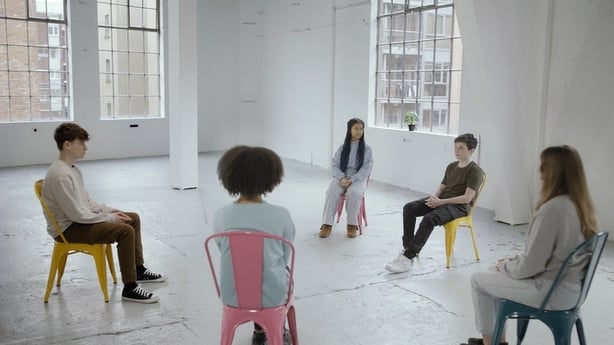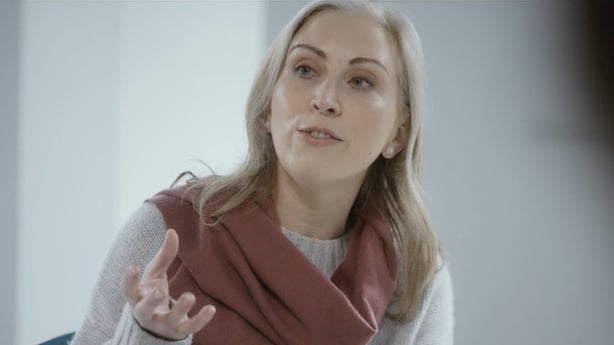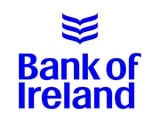In a bid to promote financial literacy, money coach Kel Galavan - also known as Mrs Smart Money - sat down with a group of bright young teens eager to learn more about money management. As part of Bank of Ireland's 'Money Smarts’ series, they had an honest and open discussion around money management practices and how to improve them, sharing insights that can be applied to anyone, wherever they may be on their financial journey in life.

A key way to promote more confidence around money comes from conversations, according to Mrs Smart Money. Kel rightfully highlights that money is part of almost everything we do. The more we talk about it, the easier it gets. You should share your financial triumphs and mistakes with friends, family, loved ones and colleagues, often getting valuable advice and entertaining anecdotes along the way.
Since we’re all likely to be facing similar challenges around money management, the more we all talk about money, the easier it’ll be to keep these conversations going and remove the stigma around sharing stories about money struggles. Confidence comes from familiarity and knowledge, after all.
Getting started on your money education early in life can be a great benefit to you as you get older, Kel mentions. It starts with your very first source of income and continues right through to retirement. Particularly around saving, those pivotal moments come from things like receiving birthday money and getting your first pay cheque - and if you start with strong foundations like having an awareness around budgeting, spending and saving, you can alleviate stress levels in later life as you’ll have gradually built up your knowledge of money management. Money will always be around, so it’s up to you to make your relationship with it as healthy as possible from a young age.

When it comes to building and maintaining those healthy habits around money, the fundamentals of budgeting start with an understanding of how much money you’re working with. There’ll always be room for spontaneous indulgences, but so long as that’s backed by the confidence that your spending won’t throw you into minus figures in the lead-up to payday, you’re on the right track to having good financial health.
With the basics of budgeting, balancing incomings with outgoings is a great place to start, then setting goals for the future and working out exactly how much you need to save per week, month or year to get you there. Practices like these will also allow for guilt-free spending, as you’ve already crunched the numbers to make sure you’re not living beyond your means.
Kel also touches on a useful strategy when it comes to reducing impulse buying, which can really help the development of your money management skills by adding some control. In the instance of powerful online marketing and repetitive targeting, frivolous spending is commonplace. Mrs Smart Money recommends waiting 72 hours before you commit to any purchase. This way, you’re allowing yourself time to work out whether you really want something, which is a great strategy for protecting your savings and avoiding the temptation to veer off the course of your budget. Should you still have the same draw to the item after three days, and it’s not going to put too much of a dent in your funds, Kel recommends that you go for it.
Be sure to watch the video to get more in-depth guidance and expert insight into improving your financial confidence. It’s never too late (or early) to start, and the benefits are endless.
For more information on financial literacy and the Bank Of Ireland Money Smarts programme click here.
